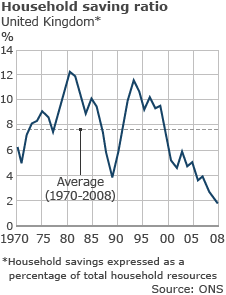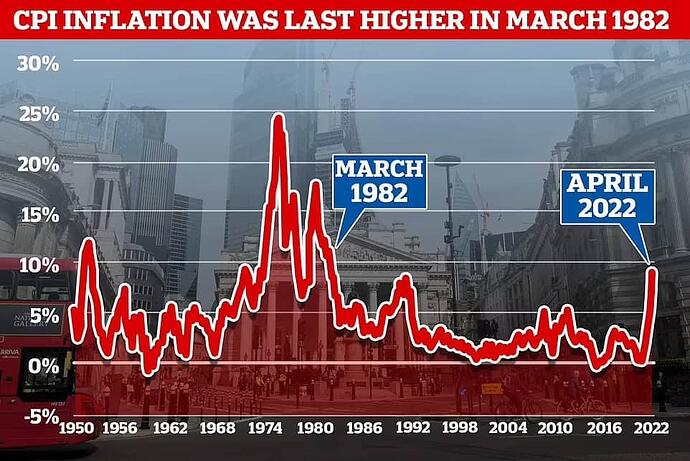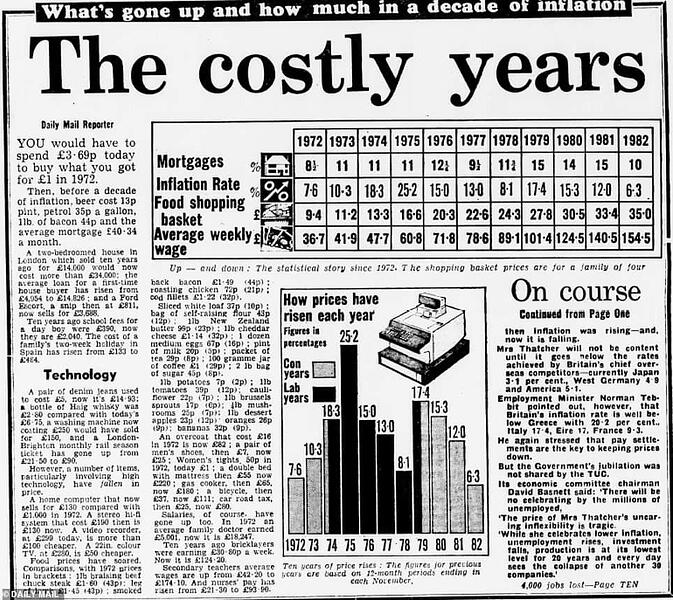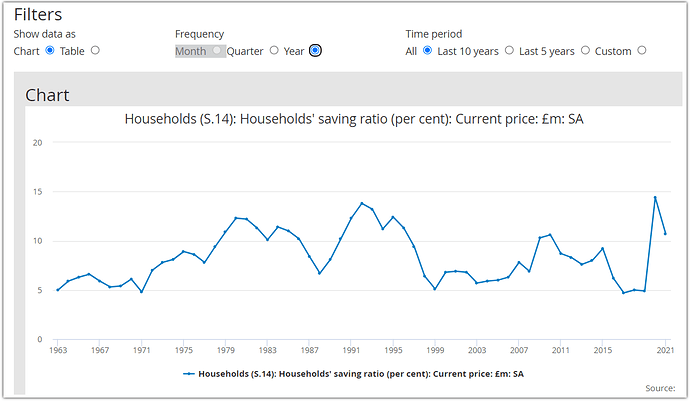Lots of contemporary pictures/articles will remind many of a period which lasted years … 
Hi
Well we don’t need that next.
How did people react to it back in the 70s? By taking to the streets as they intend to do today?
Hi
Taking to the street is only of use if the Government will listen
If the Government tough it out the ordinary people suffer.
With Truss and Rees Mogg we will suffer.
The funny thing was they did exactly the opposite of what was sensible. Instead of spending money they saved it. Common sense tells you when prices are rising at such a rapid rate you should buy things as early as possible before the next price hike but in fact people saved like mad.
It was all presided over by another in the conga line of useless leaders that have plagued Britain since the war, Edward Heath, who gave you the 3 day week, power black outs and high inflation.
And the trend has been to erode workers rights and hobble unions since the winter of discontent… Maggie sold off everything to increase competition but decrease union strangleholds
That information is not in the article - have you got a source?
Yep, I was there, it was widely commented on at the time.
So was I … and, although I was in a highly paid job, I don’t recall that I “saved like mad”… 
Was it you who “widely commented” … 
Hi
My recollection is that Bruce is right on this one.
Certainly where I worked and lived people really cut back on non essentials so they had some saved if things got worse.
Borrowing was frowned upon then more than it is now
I still operate like that, I save to buy things.
Personal recollections are not, however, facts.
Hi
Well they’re good enough for me and I am not going to be hunting through ancient bank statements to prove a point
I’m not asking for “personal” but a credible link to the “general” in response to the assertion that “people saved like mad”.
Although a tad out of date, and can’t verify it’s credibility, but the opening paragraph or so from here suggests it
I can’t insert piccies yet, but useful trend graph from here too:
https://www.ons.gov.uk/economy/grossdomesticproductgdp/timeseries/dgd8/ukea
Thanks for the links … 

Savings then rose from 6% (of household resources) in 1970 (when inflation was 6.5%) to 8.5% in 1975 (when inflation was 24%) but jumped to 12% in 1981 (when inflation was 12% and Thatcher was PM)
So no obvious correlation, yet alone causal links? In which case, if interpolation isn’t possible, it’s totally futile to attempt extrapolation.
IMO, some “people” may have “saved like mad” in the 1970’s but others may have had to spend every penny that came in - the same will be true in 2022. The top 1% of earners will fear not and reward themselves accordingly.
The P&O debacle may be a early warning of the intent of employers
dead right. survival of the fittest with many putting by for a rainy day is it? savers are usually delaying the inevitable. no savings and the state has to step in and relieve, so saving money doesnt make sense. those wanting a cushion should buy gold for that rainy day.



